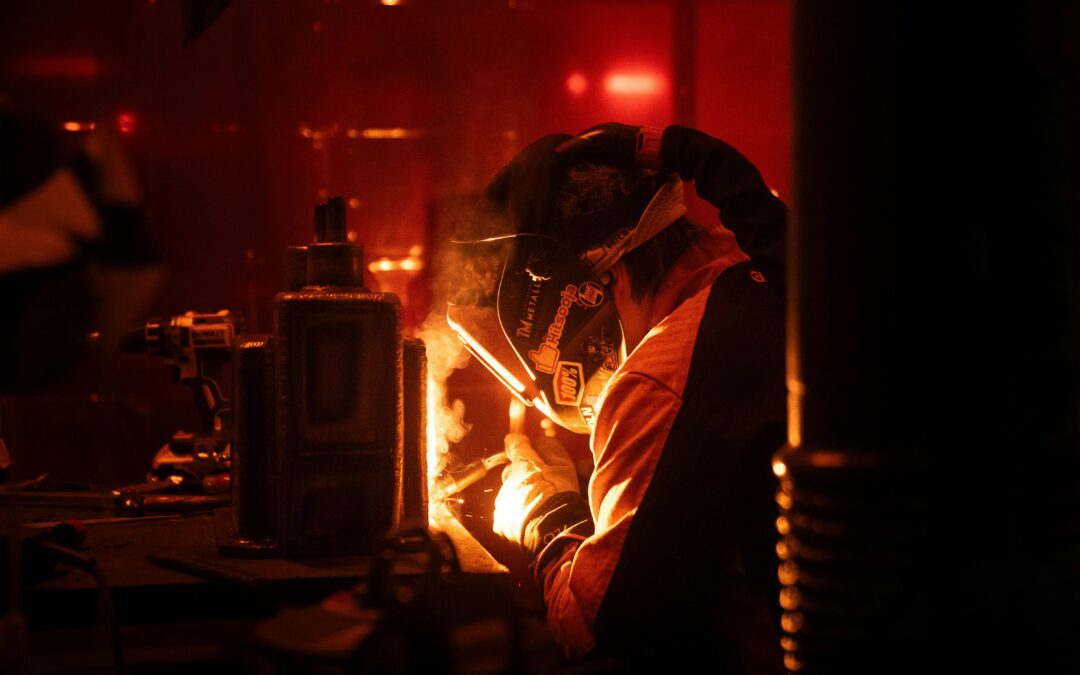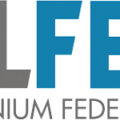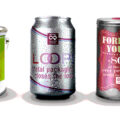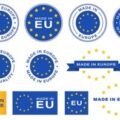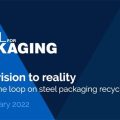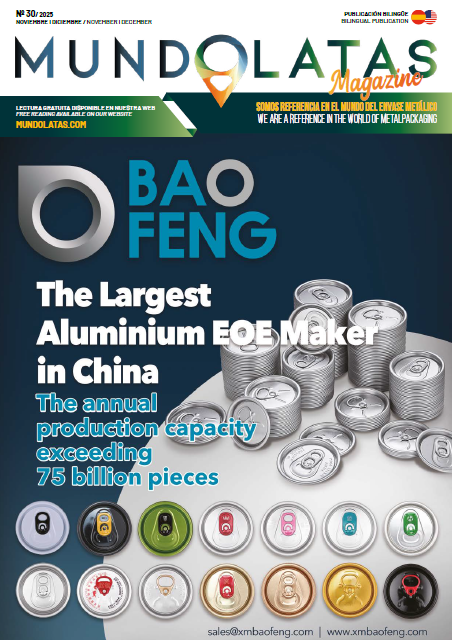Metal Packaging Europe (MPE) acknowledges the potential of the European Commission’s Action Plan on Steel and Metals to support metal industries. However, it believes the plan could be improved, as it does not adequately address the needs of end-users nor enhance the necessary competitiveness throughout the entire value chain.
MPE emphasizes that metal packaging is one of the most visible products in the metal sector, actively engaging European consumers in recycling and generating high-quality scrap that is reused as secondary raw material. In this regard, preventing scrap leakage outside the EU through export tariffs, as proposed in the Action Plan, is considered essential, as this phenomenon hinders the potential of aluminum and steel industries to advance their decarbonization through a more circular model. Therefore, metal packaging plays a key role in meeting Europe’s climate and competitiveness objectives.
Krassimira Kazashka, Executive Director of MPE, asserts that metal packaging achieves some of the highest recycling rates in Europe, exceeding 80% for steel and reaching 75% for aluminum beverage cans. Recycled metal constitutes a valuable circular resource, available for future generations. Recognizing the relevance of metal packaging in reducing energy costs, promoting decarbonization, and improving the competitiveness of steel and aluminum industries would considerably strengthen the Action Plan.
Simplifying the Carbon Border Adjustment Mechanism (CBAM) for finished and semi-finished products is essential to reduce the administrative burden on small and medium-sized enterprises (SMEs). Furthermore, expanding the scope of CBAM is crucial to prevent circumvention of this mechanism through the import of finished metal products. Trade defense policies for steel and aluminum must ensure protection of the entire metal value chain, including transformed products, to prevent evasion and support the sector’s competitiveness, asserts the Executive Director of MPE.
Finally, Krassimira Kazashka emphasizes: “MPE is committed to collaborating with the European Commission to ensure that the metal packaging industry remains competitive and strengthens the European economy. The new Circular Economy Act should incentivize high-quality recycling and closed material cycles such as aluminum and steel, which can be recycled indefinitely without losing their original properties. Future trade policies must address the entire value chain, including final metal packaging products. We are willing to support the Commission and offer proposals to achieve these objectives.”

